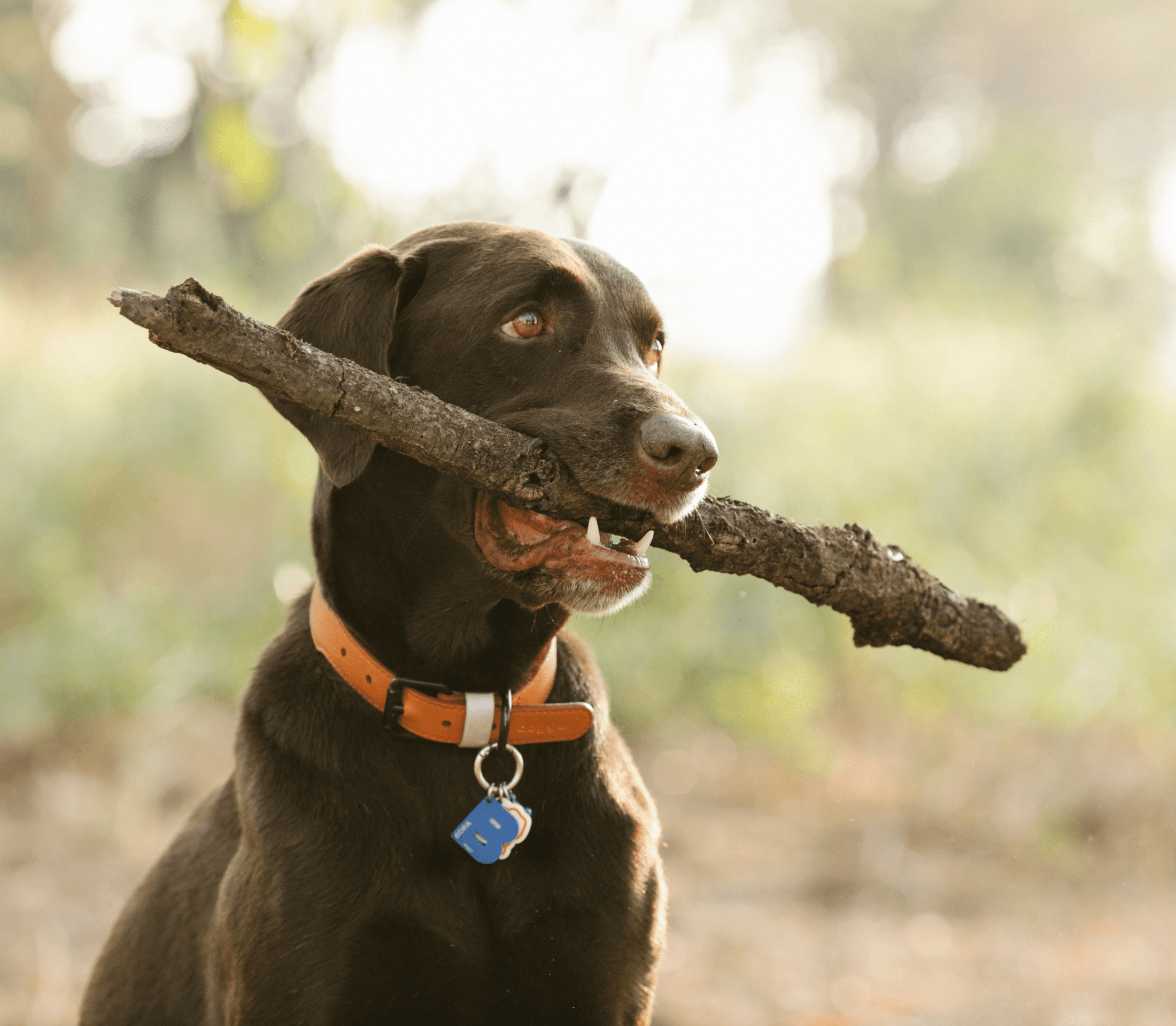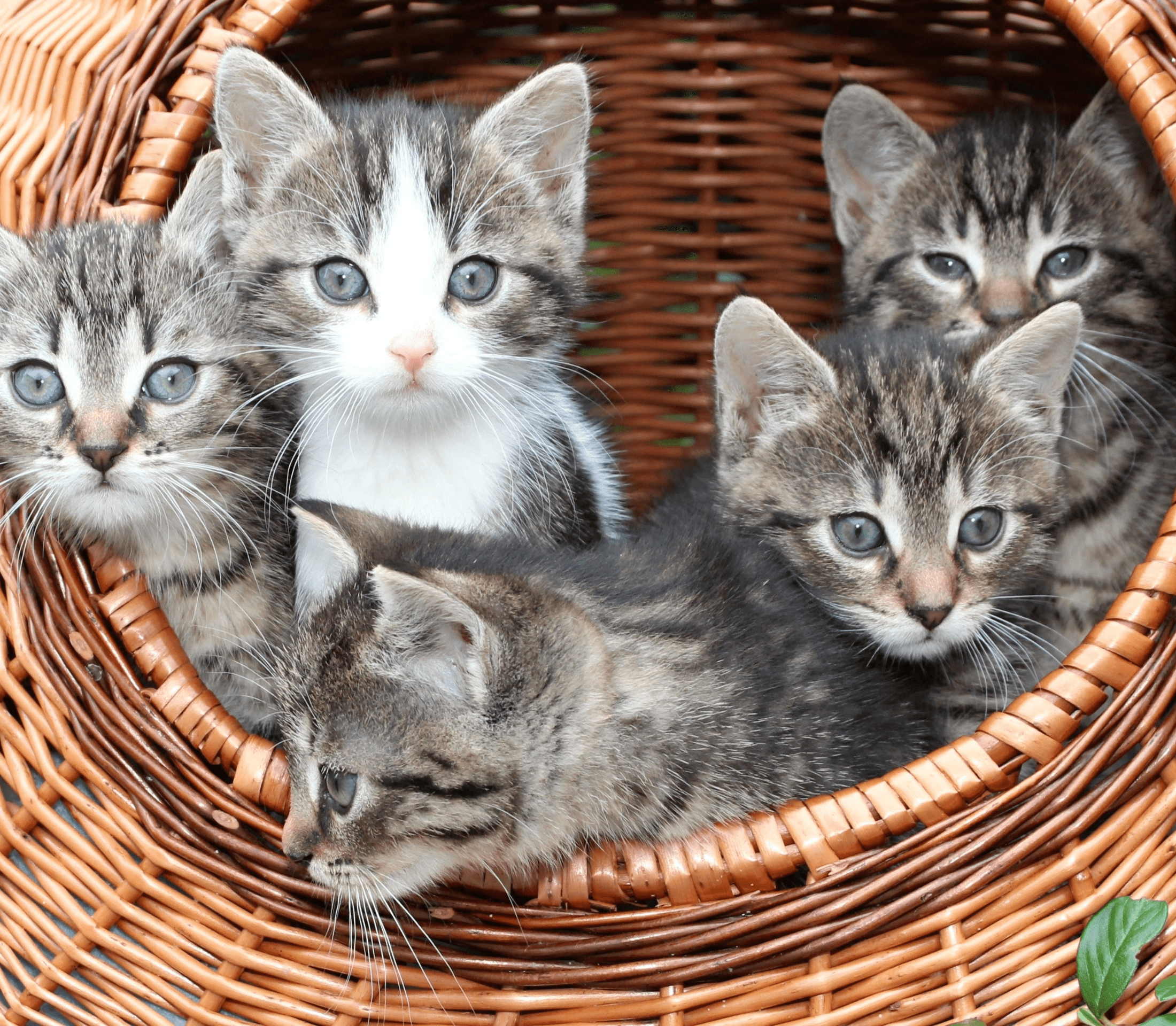Hairballs 101
April 30th is Hairball Awareness Day. We know, becoming aware of individual hairballs isn’t very pleasant … especially if you come across them unexpectedly. The point of this observance day, however, is to help people understand that hairballs are much more than a nuisance. They can actually be quite dangerous to your cute pet! In this article, a local Washington DC vet discusses—you guessed it—hairballs.
H ow Hairballs Form
Hairballs are actually an unpleasant side effect of an otherwise wonderful trait kitties have: their cleanliness. Fluffy is very diligent about keeping her pretty coat in shape, and she will carefully groom herself every day. Unfortunately, your feline buddy can’t help swallowing some of her own fur in the process. Cats can’t digest their own hair, so their bodies reject that swallowed fur by sending it back out the way it came in … in the form of a hairball. Suffice it to say, hairballs are no more fun for kitties than they are for us.
Hazards
Occasionally, Fluffy isn’t able to expel her hairballs. When this happens, she is at risk of developing an intestinal blockage. This is extremely painful, and can also be very dangerous. Of course, your kitty can’t tell you if something is wrong, so it’s up to you to watch for warning signs. Dry heaving is one. You may also notice your feline pal vomiting violently or more often. Your cat may lose her appetite, and she may act grumpy or withdrawn. It’s worth mentioning that all of these signs of trouble can be indicative of many different health issues. If you notice any of them in your pet, don’t assume that it’s a hairball, and don’t wait to see if the matter resolves. Contact your vet immediately.
Prevention
There are some things you can do to reduce the amount of hairballs your kitty produces. Brushing your cat daily will help a lot, as you’ll capture that fur and get it out of Fluffy’s coat before she swallows it. (Bonus: you’ll find less fur on your things.) A good diet will also help. Additionally, we recommend keeping your pet indoors. Cats that go outside are more sensitive to the weather changes that trigger shedding cycles, and thus tend to shed more.
Do you have questions about caring for your feline friend? Is Fluffy due for an appointment? Contact us, your Washington DC veterinary clinic, today!



